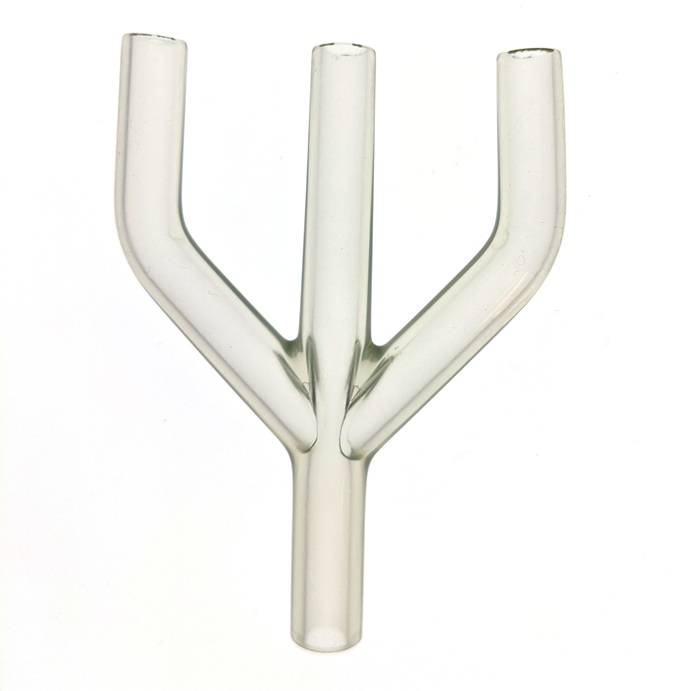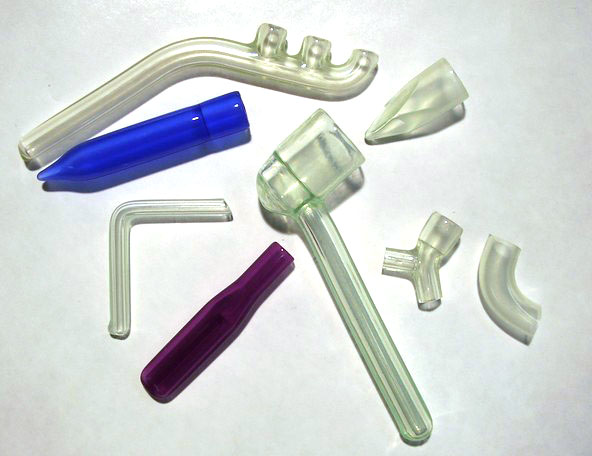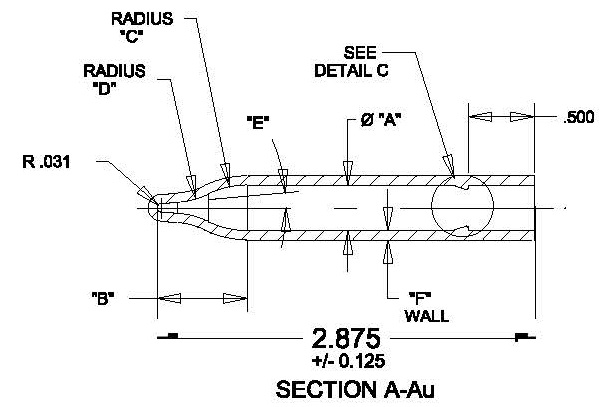
Manufacturing
The advantage of dip molding and dip coating is scalability. Each piece of tooling typically makes one component per cycle. The more tooling we make and run per cycle, the more parts can be manufactured in a given period of time. This allows us the ability to cost effectively run a small number of parts for a new project, then produce more tooling to meet your production needs as a project grows.
We manufacture components of all quantities and physical sizes:
One-off prototypes to millions of pieces annually.
Clean, non-sterile for medical and other sensitive applications.
Simple caps and tubing connectors to complex manifolds and profiles.
Applying protective and cosmetic coatings on your metal components.
Prototyping
Allow us to help you bring your idea to life!
We can start with your sketch and concept to develop 2D drawings and 3D models using SolidWorks. The development process includes modeling how to manufacture the part at the scale you require. We will use the size of your project to determine the most cost-effective approach to production.
Once modeling is completed, we can generate sample prototypes and sample tooling or molds. Prototyping components can utilize a large number of materials including plastisol/plastic/vinyl, silicones, and epoxies. Final production tooling is typically metal. Depending on the scope of your project, you will receive samples from a small production run to signoff prior to starting production. Utilizing our in-house machine shop and materials lab allows for rapid scaling from model to manufacturing.


Tooling Fabrication
Our machine shop can perform mill work, lathework, laser etching/engraving, and metal bending for many projects. This is primarily dedicated to building and maintaining tooling and molds. Having this capability allows us to quickly and efficiently generate tool samples for prototyping. Often our capacity will allow us to generate all the tools we need to scale up to full production.
Sometimes your prototype or your product requires components made of metal or other materials. Having a machine shop on site allows us to model components which may ultimately need to be made by one of our manufacturing partners before being coated by us.
Material Selection
Dip molding and dip coating are a versatile manufacturing process used to create a wide variety of products by dipping a mold into a liquid polymer. Most commonly that liquid is plastisol. Plastisol is a Polyvinyl Chloride (PVC) base which can be modified with various additives to change its properties for different applications. Those additives include stabilizes, fillers, foaming agents, pigments, and dyes to obtain the physical and cosmetic properties desirable for your finished product.
Some applications require use of a powder coat to obtain the correct properties. This is often performed with a powdered version of PVC, but also other thermo plastics including nylon, polyester, and polyethylene.
We can work with our plastisol suppliers to custom blend a material for your application.


